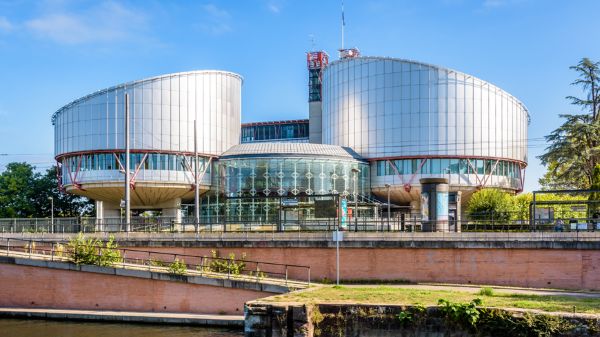In response to the joint letter of nine member states questioning how the European Court of Human Rights (ECHR) makes its decisions, Council of Europe Secretary Alain Berset defended the ECHR’s independence, highlighting that preserving its impartiality amid ongoing debates on migration is essential.
On 22 May 2025, at the initiative of Denmark and Italy, nine Council of Europe member states — including Austria, Belgium, the Czech Republic, Estonia, Latvia, Lithuania, and Poland — issued a joint letter calling for a “new and open-minded conversation” about how the ECHR interprets the European Convention on Human Rights. Their concern centred on rulings in the field of migration. This reflects the anti-immigration sentiments of several ruling parties in the EU.
Alain Berset noted that these are complex challenges, and democracies must always remain open to reflection through the appropriate institutional avenues.
“But clarity is essential,” he said.
“The European Court of Human Rights is not an external body. It is the legal arm of the Council of Europe — created by our member states, established by sovereign choice, and bound by a Convention that all 46 members have freely signed and ratified. It exists to protect the rights and values they committed to defend,” explained the Council of Europe Secretary.
“Upholding the independence and impartiality of the Court is our bedrock,” highlighted Berset.
He added that debate is healthy, “but politicising the Court is not. In a society governed by the rule of law, no judiciary should face political pressure. Institutions that protect fundamental rights cannot bend to political cycles. If they do, we risk eroding the very stability they were built to ensure. The Court must not be weaponised — neither against governments, nor by them.”
This year, we commemorate the 75th anniversary of the European Convention on Human Rights. The ECHR has been instrumental in bringing its principles to life, guiding European states through significant challenges, including threats to judicial independence, political upheaval, and armed conflict.
“In each case, it has served as a steady compass, upholding the rule of law and protecting individual rights within the system of checks and balances our states chose to build together,” added the Council Secretary.
The European Court of Human Rights remains the sole international Court addressing human rights violations in the context of the Russian war of aggression against Ukraine.
“This should never be undermined,” he emphasised.
“As we face today’s complex challenges, our task is not to weaken the Convention, but to keep it strong and relevant — to ensure that liberty and security, justice and responsibility, are held in balance. That is the legacy we inherit. And it is the duty we share,” highlighted Berset.

